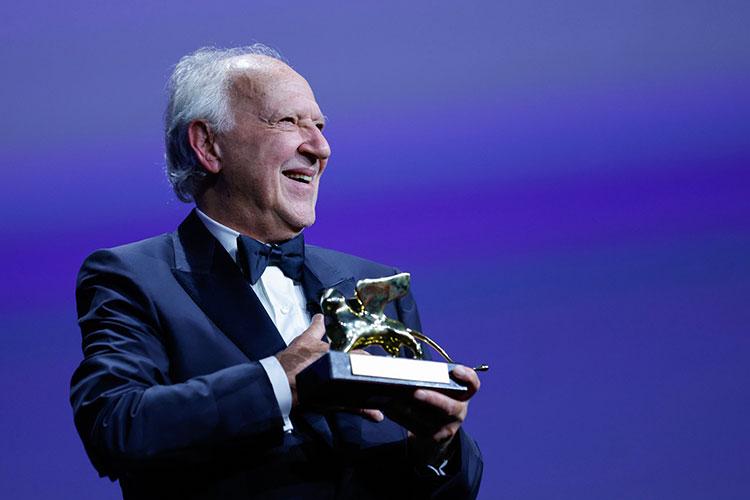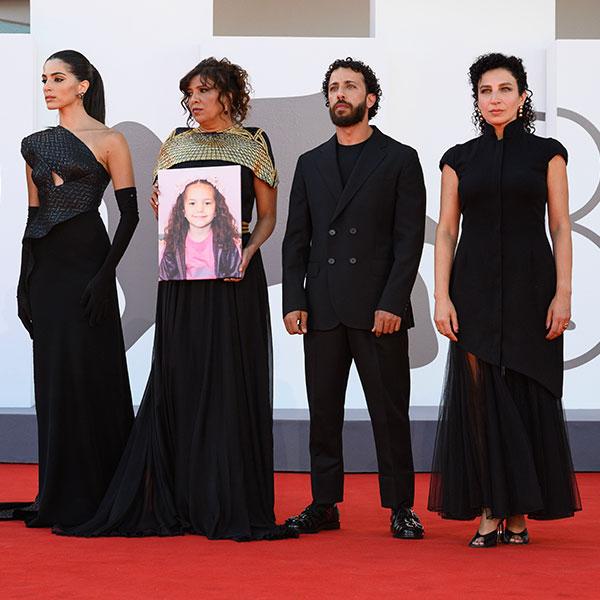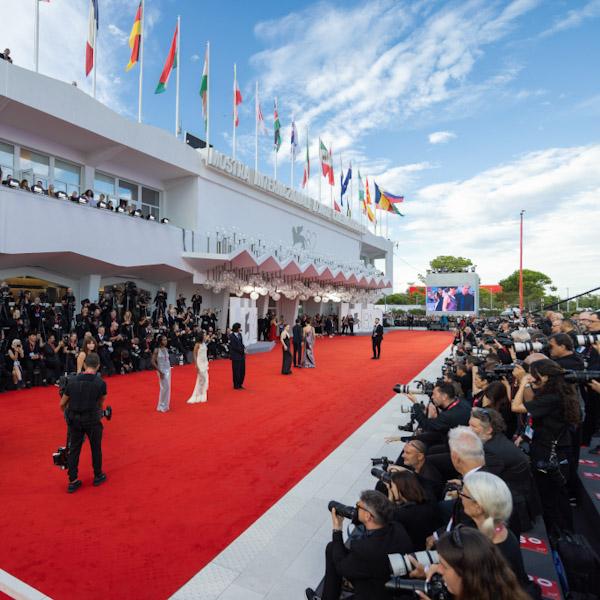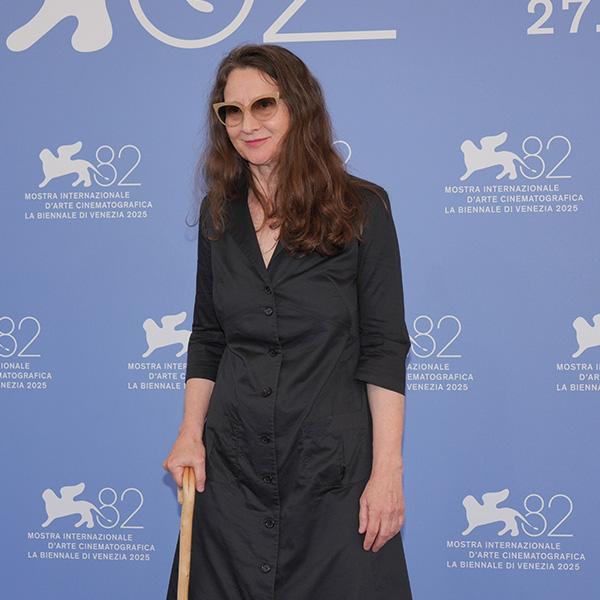
Werner Herzog Golden Lion for Lifetime Achievement
The honour to the German director and screenwriter will be awarded on 27 August during the opening night of the 82nd Venice International Film Festival.
Golden Lion for Lifetime Achievement
The Golden Lion for Lifetime Achievement of the 82nd Venice International Film Festival of La Biennale di Venezia (August 27 – September 6, 2025) has been awarded to the great German director Werner Herzog (Aguirre, the Wrath of God, Fitzcarraldo, Nosferatu the Vampyre). The decision was made by the Board of Directors of La Biennale, upon recommendation of the Artistic Director of the Festival, Alberto Barbera.
Statement from Werner Herzog
Werner Herzog, accepting the award, said: “I feel deeply honored to receive a Lifetime Achievement Honorary Golden Lion by the Venice Biennale. I have always tried to be a Good Soldier of Cinema, and this feels like a medal for my work. Thank you. However, I have not gone into retirement. I work as always. A few weeks ago, I just finished a documentary in Africa, Ghost Elephants, and at this moment, I am shooting my next feature film, Bucking Fastard, in Ireland. I am developing an animated film, based on my novel, The Twilight World, and I am acting the voice of a creature in Bong Joon Ho’s upcoming animated film. I am not done yet”.
Statement from Alberto Barbera
Regarding this award, Director Alberto Barbera declared: “A physical filmmaker and indefatigable hiker, Werner Herzog constantly crosses the planet Earth pursuing hitherto unseen images, testing our ability to look, challenging us to grasp what lies beyond the appearance of reality, and probing the limits of filmic representation in an unflagging search for a higher, ecstatic truth and new sensorial experiences. Establishing himself as one of the major innovators of New German Cinema with films such as Signs of Life; Nosferatu the Vampyre; Aguirre, the Wrath of God; and Fitzcarraldo, Bad Lieutenant, Port of Call: New Orleans, and Grizzly Man, he has never ceased from testing the limits of the film language, belying the traditional distinction between documentary and fiction, and at the same time proposing a radical investigation of the topics of communication, the relationship between images and music, and of the infinite beauty of nature and its inevitable corruption. Herzog’s career is both fascinating and hazardous because it involves total commitment and putting oneself on the line to the point of physical risk, where catastrophe constantly lurks. A brilliant narrator of unusual stories, Herzog is also the last heir of the great tradition of German romanticism, a visionary humanist, and a tireless explorer dedicated to perpetual wandering, in search (as he said) «of a decent and fitting place for mankind, a Landscape of the Soul»”.
Biographical notes
Werner Herzog, born in Munich in 1942, grew up as a child in a remote valley in the Bavarian mountains. Until age 11, he did not even know of the existence of cinema. He started to develop film projects from age 15 on, and since no one was willing to finance them, he worked the night shift as a welder in a steel factory during the last years of high school. He also started to travel on foot. He made his first phone call at age 17 and his first film at 19. He dropped out of college where he briefly studied history and literature. Since then he has written, produced, and directed some 70 films. They include Aguirre, the Wrath of God, Fitzcarraldo (for which he moved a steamship over a mountain in the jungle), Grizzly Man, and Cave of Forgotten Dreams. He has published poetry and books of prose that include Of Walking in Ice, Conquest of the Useless, and recently The Twilight World, a novel. He staged about a dozen operas - in Bayreuth and at La Scala in Milano – and other opera houses around the world. He acted in films, among them Jack Reacher, The Mandalorian, and guest roles in The Simpsons. He created an art installation, Hearsay of the Soul, for the Biennale of the Whitney Museum in New York and the Getty Museum in Los Angles. He founded his own Rogue Film School as a counterpoint to what is taught in most film schools around the world.






